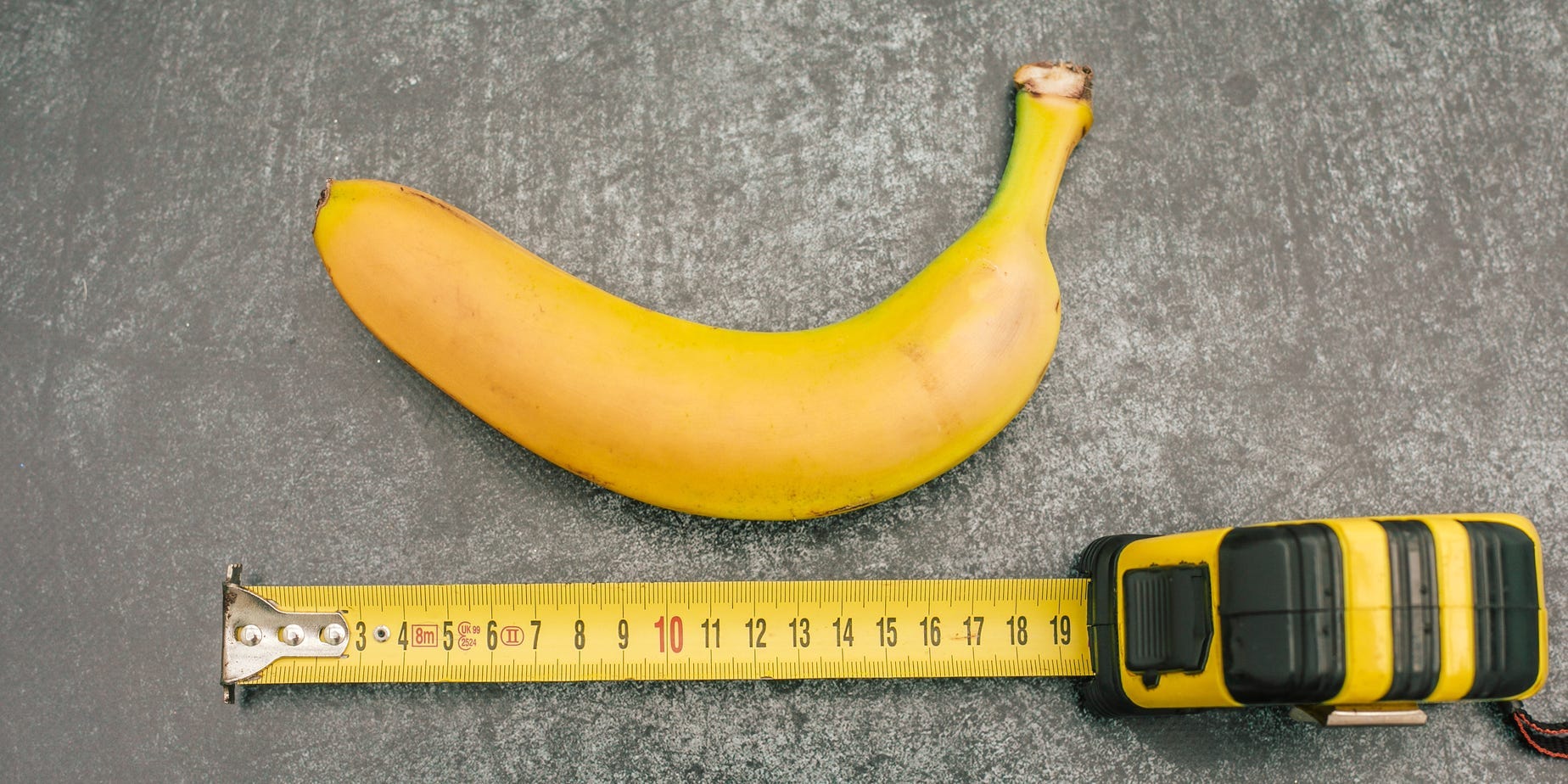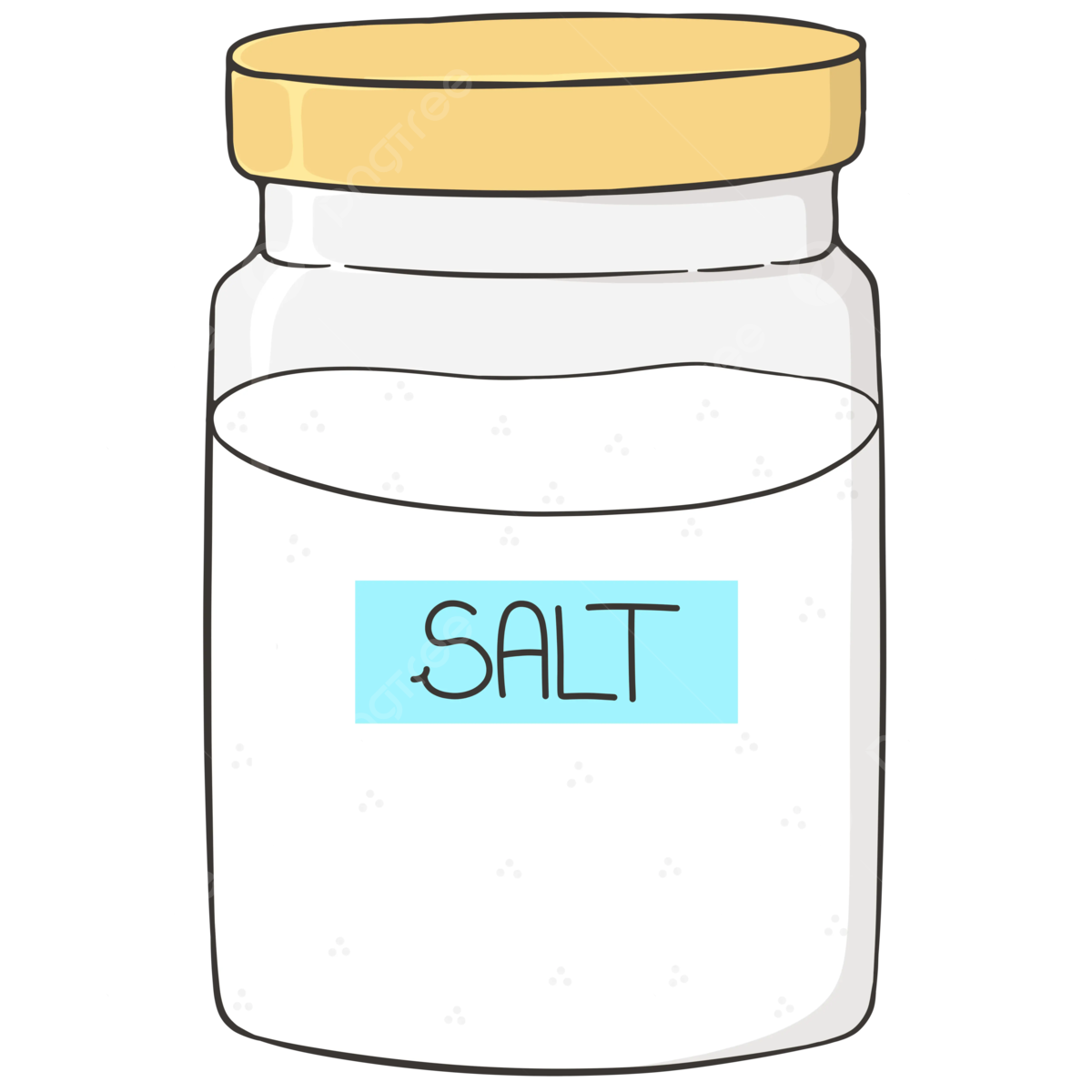What Is The Penis Salt Trick? Unveiling The Truth Behind This Controversial Topic
In recent years, the "penis salt trick" has become a trending topic on social media platforms, sparking curiosity and concern among internet users worldwide. This controversial practice involves applying salt to the penis for various claimed benefits, from enhanced sensitivity to health improvements. However, is there any scientific basis behind these claims, or is it merely a myth perpetuated by online misinformation?
As more people search for information about the "penis salt trick," it's crucial to separate fact from fiction and provide evidence-based insights. This article aims to explore the science, risks, and realities surrounding this topic, ensuring readers make informed decisions about their health.
Whether you're curious about the origins of this trend or seeking advice on its safety, this comprehensive guide will address all your questions. Let's dive in and uncover the truth behind the "penis salt trick" while emphasizing the importance of consulting healthcare professionals for personal health concerns.
Read also:Tulsi Gabbard Complexion A Comprehensive Guide To Her Natural Beauty And Influence
Table of Contents:
- What is the Penis Salt Trick?
- The Science Behind the Salt Trick
- Risks Associated with the Penis Salt Trick
- Myths vs Facts About the Salt Trick
- Safe Alternatives for Male Health
- Expert Advice on Male Enhancement
- Frequently Asked Questions
- Scientific Studies and References
- Conclusion: Is the Penis Salt Trick Worth It?
- Call to Action
What is the Penis Salt Trick?
The "penis salt trick" refers to the practice of applying table salt or other types of salt to the penis, allegedly enhancing sensitivity, improving hygiene, or providing other health benefits. This trend has gained attention through social media platforms, where users share personal experiences and anecdotes.
Origins of the Trend
The origins of the "penis salt trick" remain unclear, but it likely stems from traditional home remedies and cultural practices. Historically, salt has been used for its antiseptic properties, leading some to believe it can improve genital hygiene. However, modern medicine warns against such practices due to potential risks.
Common Claims
- Enhanced sensitivity during sexual activity
- Improved genital hygiene
- Treatment of minor skin irritations
- Promotion of better blood circulation
The Science Behind the Salt Trick
To understand the validity of the "penis salt trick," it's essential to examine the scientific properties of salt and its effects on the human body. Salt, primarily composed of sodium chloride, has desiccating and abrasive qualities that can impact sensitive skin areas.
How Salt Affects Skin
Salt's abrasive nature can remove dead skin cells, but excessive use may lead to irritation or damage to sensitive tissues. The delicate skin of the penis is particularly vulnerable to such effects, making the "salt trick" potentially harmful without proper guidance.
Antiseptic Properties of Salt
While salt does possess antiseptic qualities, its application to sensitive areas like the penis requires caution. Overuse can disrupt the skin's natural barrier, increasing the risk of infections or allergic reactions.
Read also:How Much Is A Full Pizza At Costco Your Ultimate Guide
Risks Associated with the Penis Salt Trick
Despite the claims surrounding the "penis salt trick," several risks accompany its practice. Understanding these dangers is crucial for maintaining optimal male health.
Potential Side Effects
- Genital irritation and inflammation
- Dryness and discomfort
- Increased risk of infections
- Damage to sensitive skin tissues
Who Should Avoid the Salt Trick?
Individuals with pre-existing skin conditions, such as eczema or psoriasis, or those prone to genital infections should avoid the "penis salt trick." Additionally, anyone experiencing discomfort or irritation after using salt should consult a healthcare professional immediately.
Myths vs Facts About the Salt Trick
Separating myths from facts is vital when discussing the "penis salt trick." Below are common misconceptions and the truth behind them:
Myth: Salt Enhances Sexual Performance
Fact: There is no scientific evidence supporting the claim that applying salt to the penis improves sexual performance. Any perceived benefits are likely psychological rather than physiological.
Myth: Salt is a Natural Cure for Genital Issues
Fact: While salt has antiseptic properties, it is not a substitute for proper medical treatment. Consulting a healthcare provider is always the best course of action for addressing genital health concerns.
Safe Alternatives for Male Health
Instead of resorting to the "penis salt trick," individuals seeking to improve their male health can explore safer alternatives backed by scientific research.
Hygiene Practices
Maintaining proper hygiene through regular cleaning with mild soap and water is an effective way to promote genital health. Avoid using harsh chemicals or abrasive materials that may irritate the skin.
Healthy Lifestyle Choices
Adopting a healthy lifestyle, including regular exercise, a balanced diet, and adequate sleep, can positively impact male health. Additionally, avoiding smoking and excessive alcohol consumption contributes to overall well-being.
Expert Advice on Male Enhancement
For those interested in male enhancement, consulting a qualified healthcare professional is essential. Experts can provide personalized recommendations based on individual needs and health conditions.
Medical Treatments
Various medical treatments, such as prescription medications or therapies, are available for addressing male health concerns. These options are safer and more effective than unproven home remedies like the "penis salt trick."
Lifestyle Modifications
Experts often recommend lifestyle modifications, such as stress management techniques or pelvic exercises, to enhance male health. These approaches focus on holistic well-being rather than quick fixes.
Frequently Asked Questions
Here are answers to common questions about the "penis salt trick":
Is the Penis Salt Trick Safe?
The "penis salt trick" carries potential risks and is not recommended by healthcare professionals. Opt for safer alternatives to maintain male health.
What Are the Benefits of Using Salt on the Penis?
There are no scientifically proven benefits of applying salt to the penis. Any perceived advantages are likely due to placebo effects or temporary sensations.
Scientific Studies and References
Several studies emphasize the importance of proper genital hygiene and the risks associated with improper practices. Below are some references for further reading:
- World Health Organization (WHO) guidelines on male health
- Medical journals discussing the effects of salt on sensitive skin
- Clinical studies on genital hygiene and its impact on overall health
Conclusion: Is the Penis Salt Trick Worth It?
In conclusion, the "penis salt trick" lacks scientific backing and poses potential risks to male health. While the allure of quick fixes may tempt individuals, prioritizing evidence-based practices and consulting healthcare professionals ensures long-term well-being.
Remember, maintaining proper hygiene and adopting a healthy lifestyle are the best ways to enhance male health. Avoid falling prey to unverified online trends and seek professional advice when needed.
Call to Action
We encourage readers to share their thoughts and experiences in the comments section below. Additionally, explore other informative articles on our website for more insights into health and wellness topics. Together, let's promote knowledge and awareness for a healthier future!
Article Recommendations


